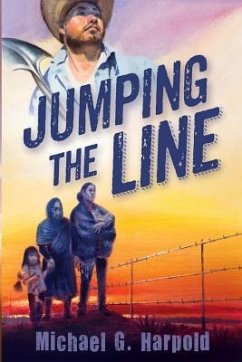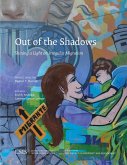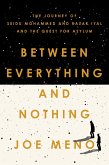In 1965, Congress ends the practice of bringing Mexican workers to the United States to Harvest crops, but Miguel Hernandez still needs work. Despite border patrols, taunts, and, "coyotes", Miguel jumps the line. Returning to his country makes little difference. He continues to cross. And farmers continue to hire him, despite American farmworkers being available.Over the years, laws change, but the demand for Mexican workers increases. Ignoring or obeying the rules, farmworkers on all sides--ranch owners, union organizers, immigrants, illegal border crossers, Mexican farmers--do their best to make a living. With sensitivity and, at times, heartbreaking realism, Harpold presents families caught in the web of migratory farm work spun by demand for cheap labor. Over the decades, paths of the families interweave, break away, and then get caught together again. All struggle to create a better life for themselves and their loved ones. Some find success. Others keep trying. A few never make it. Like John Steinbeck's Grapes of Wrath, Harpold's Jumping the Line puts a human face to those providing our food. Having seen many sides of the immigration issue through his work with the US Immigration and Naturalization Service along the Mexican border, Harpold presents a realistic view of the experiences of farmers, illegal immigrants, and American farmworkers where complex issues and humane considerations defy simple solutions.
Hinweis: Dieser Artikel kann nur an eine deutsche Lieferadresse ausgeliefert werden.
Hinweis: Dieser Artikel kann nur an eine deutsche Lieferadresse ausgeliefert werden.








